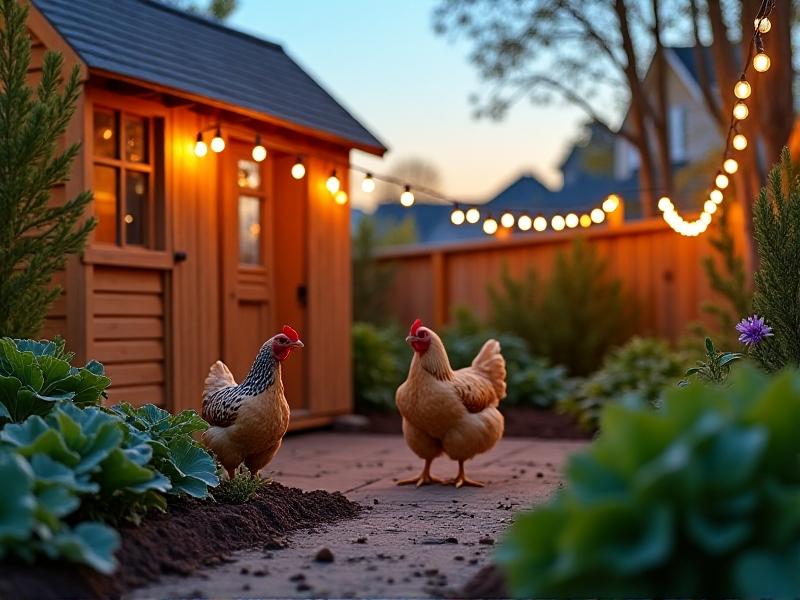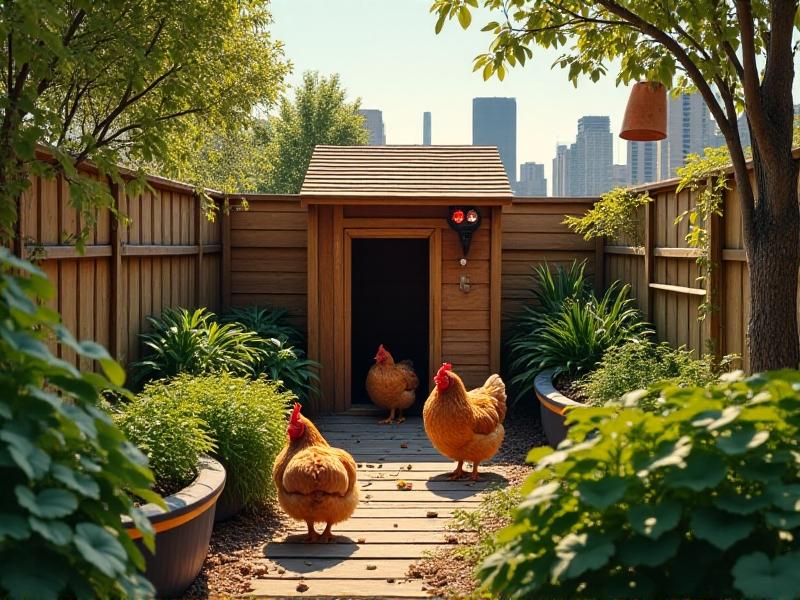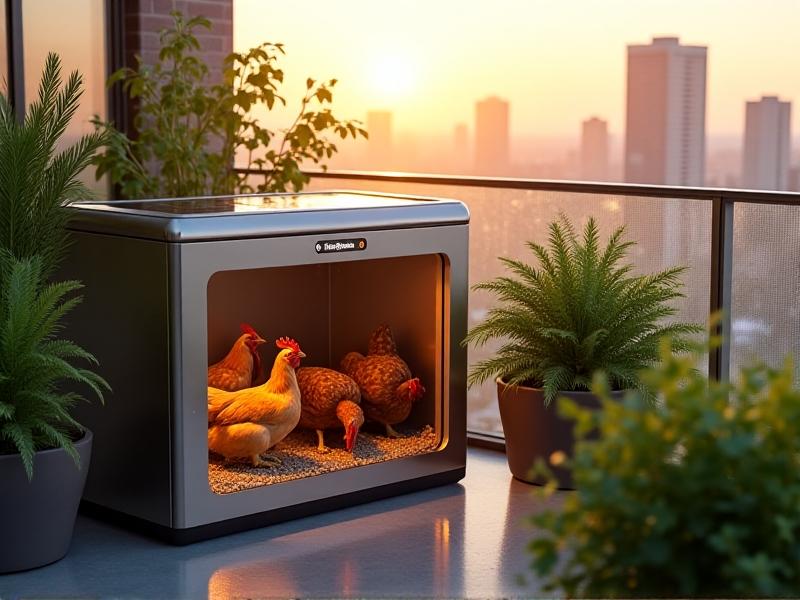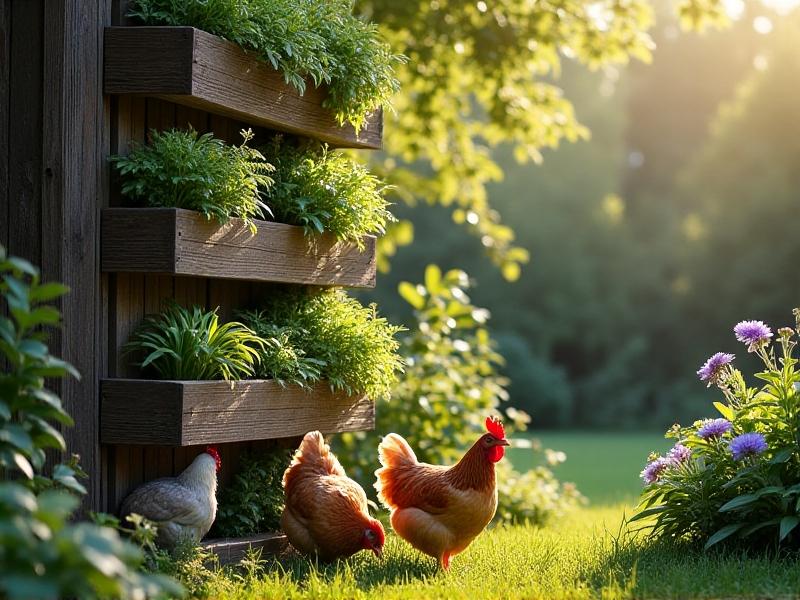Winning Over Neighbors: Building Community Support for Your Flock
The Importance of Community Support for Backyard Flocks
Raising chickens in a suburban or urban setting isn’t just about building a coop and buying feed—it’s about fostering relationships. Neighbors can be your greatest allies or your biggest obstacles. Supportive neighbors may offer to watch your flock during vacations, share gardening tips, or even advocate for you if local regulations come under scrutiny. Conversely, unresolved tensions can lead to complaints, legal challenges, and strained interactions. Studies show that communities with strong social ties are more resilient and adaptable to shared challenges, making neighborly collaboration essential for sustainable backyard farming.
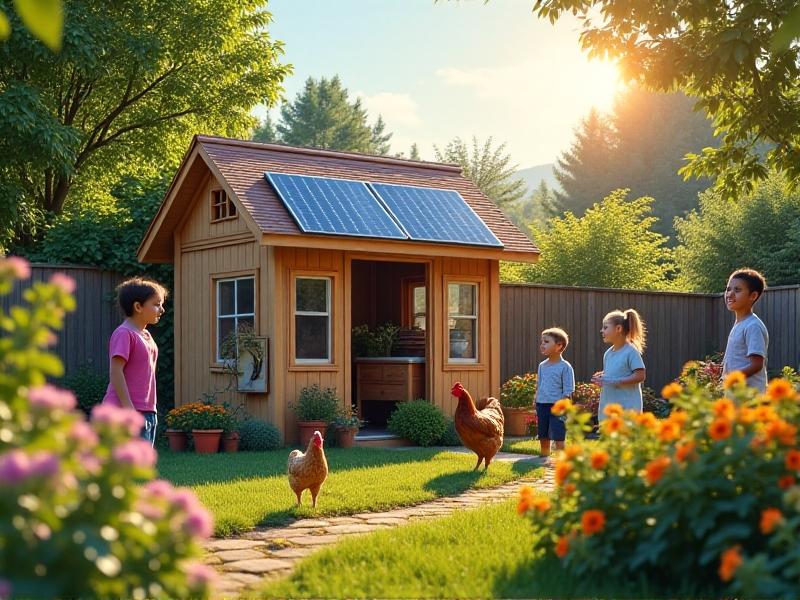
Starting with Open Communication: The First Step to Trust
Before bringing home your first chick, initiate conversations with those living nearby. Host a casual meet-and-greet or drop off a handwritten note explaining your plans. Transparency is key: share your goals (e.g., fresh eggs, pest control) and address potential concerns upfront. For example, “We’re planning to raise six hens—no roosters—in a predator-proof coop cleaned weekly to minimize odor.” Offer your contact information and invite questions. This proactive approach demonstrates respect and sets the stage for ongoing dialogue.
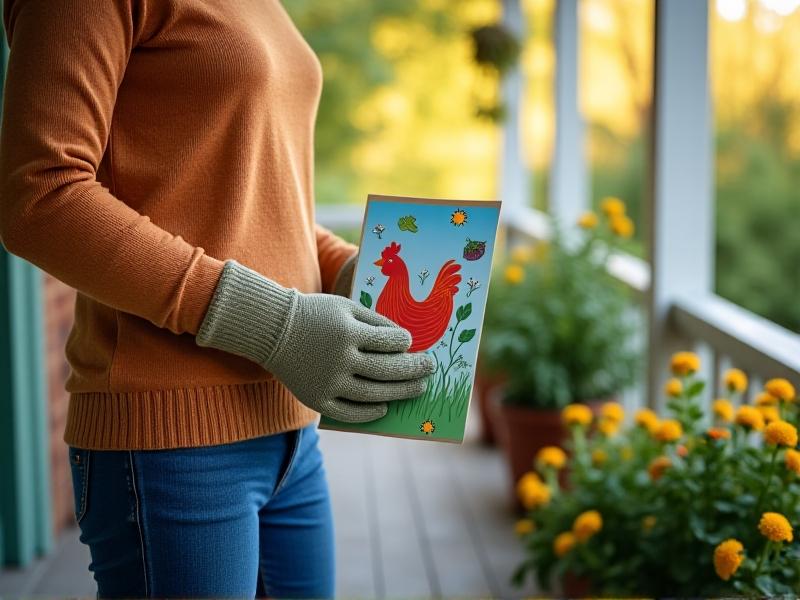
Addressing Common Concerns: Noise, Odor, and Safety
Noise complaints often stem from roosters, which many urban areas prohibit. Stick to hens, known for quieter clucking. For odor control, use absorbent bedding like pine shavings and clean coops weekly. Composting manure with straw or leaves reduces smell and creates garden fertilizer. Safety concerns—like predators or escaped chickens—are mitigated with sturdy fencing, automatic coop doors, and secure latches. Sharing these solutions with neighbors reassures them you’re committed to responsible flock-keeping.

Creating Shared Value: Involving Neighbors in Flock Activities
Transform skeptics into stakeholders by inviting participation. Host a “coop painting party” or ask for input on garden layouts. Teach neighbors how to collect eggs or offer to let their kids name a hen. One Virginia family started a “chicken mentorship” program, pairing experienced keepers with newcomers. These interactions humanize your project and create shared ownership, reducing the “us vs. them” dynamic.

Sharing the Bounty: Eggs, Produce, and Goodwill
Nothing softens resistance like free eggs. Deliver a dozen with a note: “From our coop to your kitchen!” If you have excess herbs or vegetables, leave them on doorsteps. One Oregon couple hosted annual “Soup Nights,” using chicken eggs and garden veggies—a tradition that became a neighborhood staple. These gestures build reciprocity, making neighbors feel invested in your flock’s success.
Navigating Conflicts: Proactive Solutions for Common Issues
If complaints arise, listen without defensiveness. A neighbor worried about rats might appreciate a joint effort to install rodent-proof feed containers. For persistent issues, propose written agreements—e.g., noise curfews or shared maintenance tasks. Mediation through community boards can resolve disputes before they escalate. Remember, empathy and flexibility often turn critics into collaborators.
Sustaining Relationships: Consistency and Appreciation Over Time
Long-term harmony requires ongoing effort. Send holiday cards featuring your flock (yes, chickens in Santa hats!) or host annual “Coop Open Houses” with refreshments. Regularly update neighbors on flock milestones or changes, like adding ducks or expanding gardens. A simple “thank you for your support” goes far—recognition fosters goodwill and ensures your flock remains a beloved community fixture.

